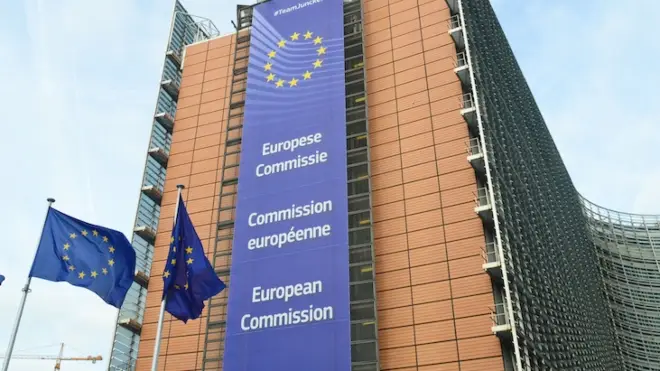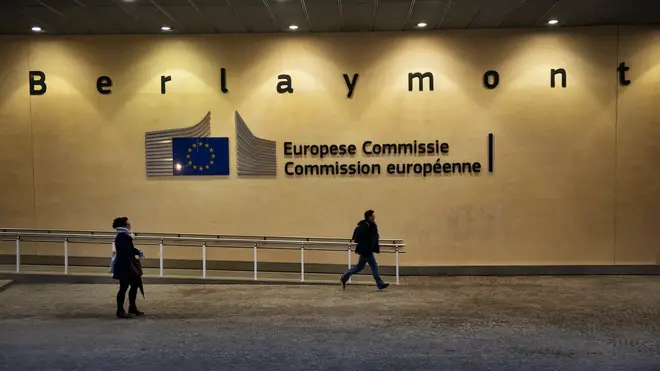
Simon Marks 4pm - 7pm
20 January 2020, 17:03

Brexit talks "will not start" until March as the EU will "take some time" agreeing its position, the European Commission has admitted.
Trade negotiations with the EU could be delayed until March, despite No 10's assurance the UK would be ready to commence talks on 1 February.
The European Commission admitted the bloc would "take some time" agreeing its position, which could increase the demand for an extension to the negotiating period.
However, Prime Minister Boris Johnson has consistently stated the deal must be reached by the end of December 2020.
The commission's spokesman, Eric Mamer, said Brexit needed to be completed before the bloc could agree its position.

"This, we know, will take some time, which is why we have said we will start negotiations as quickly as we can, but it will certainly not be before the end of February, beginning of March," he said.
"This is not a slowing down or speeding up of the process.
"This is simply the nature of the institutional process and the consultations that need to take place before the negotiation directives can be formally adopted."
A delay until March means the UK could begin speaking with the US before commencing talks with the EU.
Officials say there have been "extensive preparations" made for UK-US negotiations, however no timetable has been confirmed.
US President Donald Trump has repeatedly insisted he wishes to reach an agreement with Mr Johnson and with the upcoming 2020 presidential election on the horizon, concluding a deal by the summer could suit him.

The Prime Minister's official spokesman said: "We are free to begin discussions with countries around the world from February 1. We are ready to begin discussions with the EU from February 1.
"The EU have various processes to go through before they are ready to sit down and have those discussions with us."
The spokesman reiterated the UK's desire to "formally complete" the deal with Brussels by December 2020.
He also said the new situation would mean the UK could "determine its own rules and laws."
"It will not be a ruletaker from Brussels or the EU's institutions," he added.
However, the EU has repeatedly reminded the UK it would need to accept reduced access to the single market if it diverges from the bloc's rules.
Mr Mamer said: "There is a link between moving away from EU regulations and the degree of access that is possible into the single market."